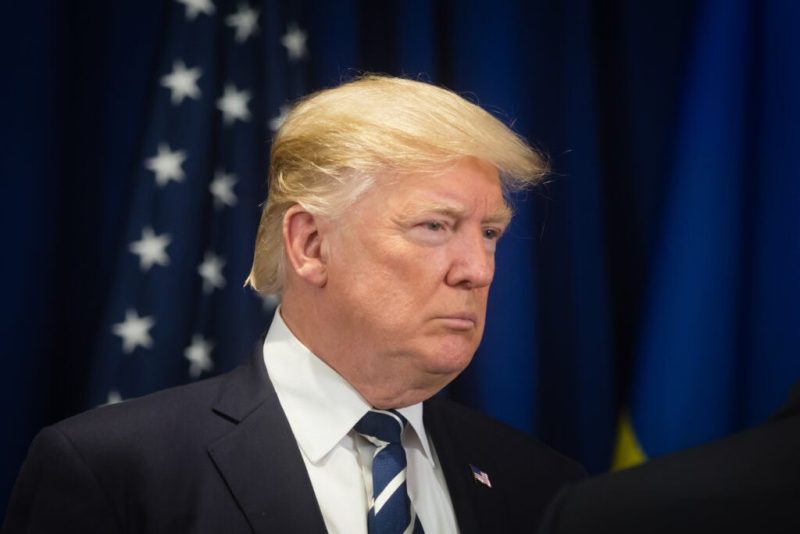
The Trump administration has reportedly canceled a $400 million funding initiative aimed at modernizing state unemployment insurance systems. This decision, characterized as a cost-saving measure, has sparked controversy and raised concerns about the long-term implications for the efficiency and effectiveness of unemployment benefits administration across the country.
The funds were originally allocated to help states upgrade their outdated technology and streamline the process of applying for and receiving unemployment benefits. Many states relied on these funds to address critical shortcomings revealed during the unprecedented surge in unemployment claims during the COVID-19 pandemic. These legacy systems, often decades old, struggled to handle the volume, resulting in significant delays and frustrations for millions of unemployed Americans.
Critics argue that the cancellation represents a short-sighted approach to a crucial issue. They contend that the long-term costs of maintaining inefficient and outdated systems will far outweigh the initial savings. Furthermore, the move could potentially exacerbate existing problems, leading to further delays in benefit payments and increased administrative burdens for both state agencies and unemployed individuals.
The administration’s justification for the cancellation, citing the funding as ‘wasteful,’ has been met with skepticism. Details regarding the specific rationale behind the decision remain scarce, leaving many to question the thoroughness of the review process. The lack of transparency surrounding the decision has only fueled the criticism.
The impact of this decision remains to be seen, but it’s likely to have significant consequences for states already grappling with budgetary constraints and the ongoing challenges of managing unemployment benefits. The long-term effects on both state governments and unemployed citizens are likely to be considerable, prompting further discussion and debate about the appropriate level of federal investment in critical infrastructure like unemployment insurance systems.










